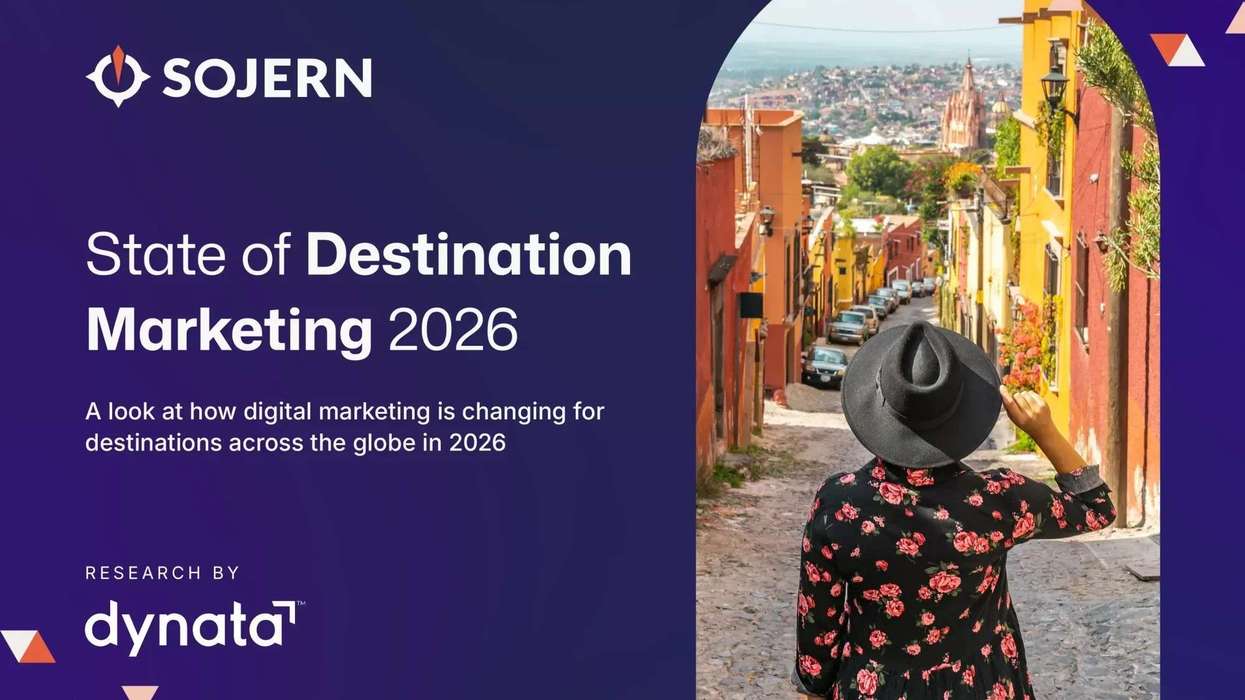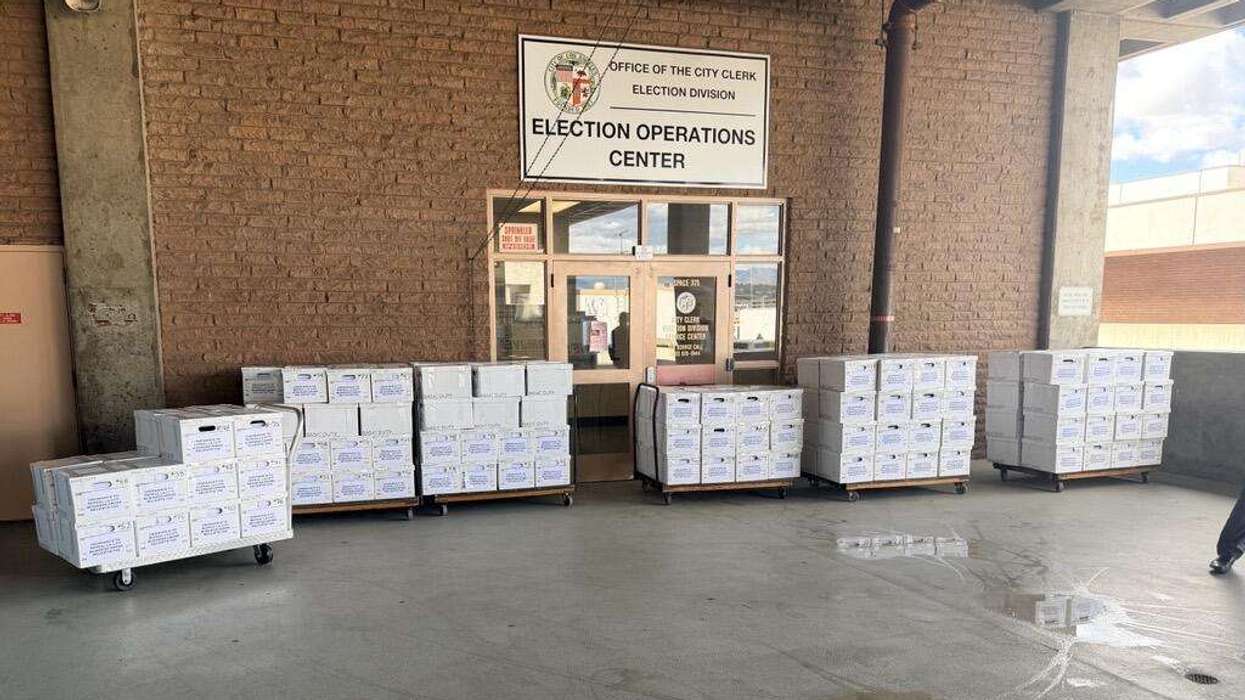THE SUMMER HOLIDAY season this year may not be as busy for the travel industry as in years past, but still Americans are expected to take 700 million trips, according to AAA. That is 15 percent less than last year between July and September, the first time such a decline happened since 2009.
Travelers are being more cautious and spontaneous in booking their trips, according to the AAA 2020 Summer Travel Forecast Report. As in previous summers, most of those trips, 97 percent, will be taken by car, though the volume of driving travel will be down 3 percent from last year.
Air travel will be down 74 percent from last year and rail, cruise ship and bus travel will drop by 86 percent. Had the COVID-19 pandemic not occurred, bringing with it travel restrictions, AAA forecasts the number of trips would have risen 3.6 percent over last year to a total of 857 million.
“Americans will get out and explore this summer though they’re taking a ‘wait and see approach’ when it comes to booking and are likely to book more long weekend getaways than extended vacations,” said Paula Twidale, AAA’s senior vice president of travel. “When they do venture out, travelers will take to the road with 683 million car trips to satisfy their wanderlust.”
The choice of destinations also was affected by the pandemic. Large cities know to attract crowds were less popular. Denver starts the list while Orlando, Florida, usually the top choice, dropped to No. 8.
The top 10 list, based on tracked internet searches, are:
Denver
Las Vegas
Los Angeles
Seattle
Phoenix
Portland
Myrtle Beach, South Carolina
Orlando, Florida
San Diego
Nashville, Tennessee
With advance hotel bookings down 25 percent from last year, the top 10 cities based on those was different but similar in that they, too, focused on smaller destinations.
Las Vegas
Orlando
San Diego
New York
Chicago
Nashville
Atlanta
Houston
Portland
San Antonio
AAA recommends using hotels that have received its Best of Housekeeping badge to ensure sanitary conditions.
“In light of COVID-19, AAA is revising the inspection process used in its Diamonds Program,” said Twidale. “The new criteria will reflect best practices for protecting the health of hotel guests, employees and AAA inspectors.”
The travel agency also recommends calling ahead to make sure the hotel is open and to ask about restrictions or changes in procedures. Wipe down surfaces with disinfecting wipes, including light switches, remote controls and doorknobs.
Previously, travel data company Arrivalist forecast that more than million people will take road trips this July 4 weekend. That is a shift from Memorial Day weekend at the beginning of the summer season when AAA withheld its annual travel forecast for the weekend for the first time in 20 years due to the uncertainty of the situation.





